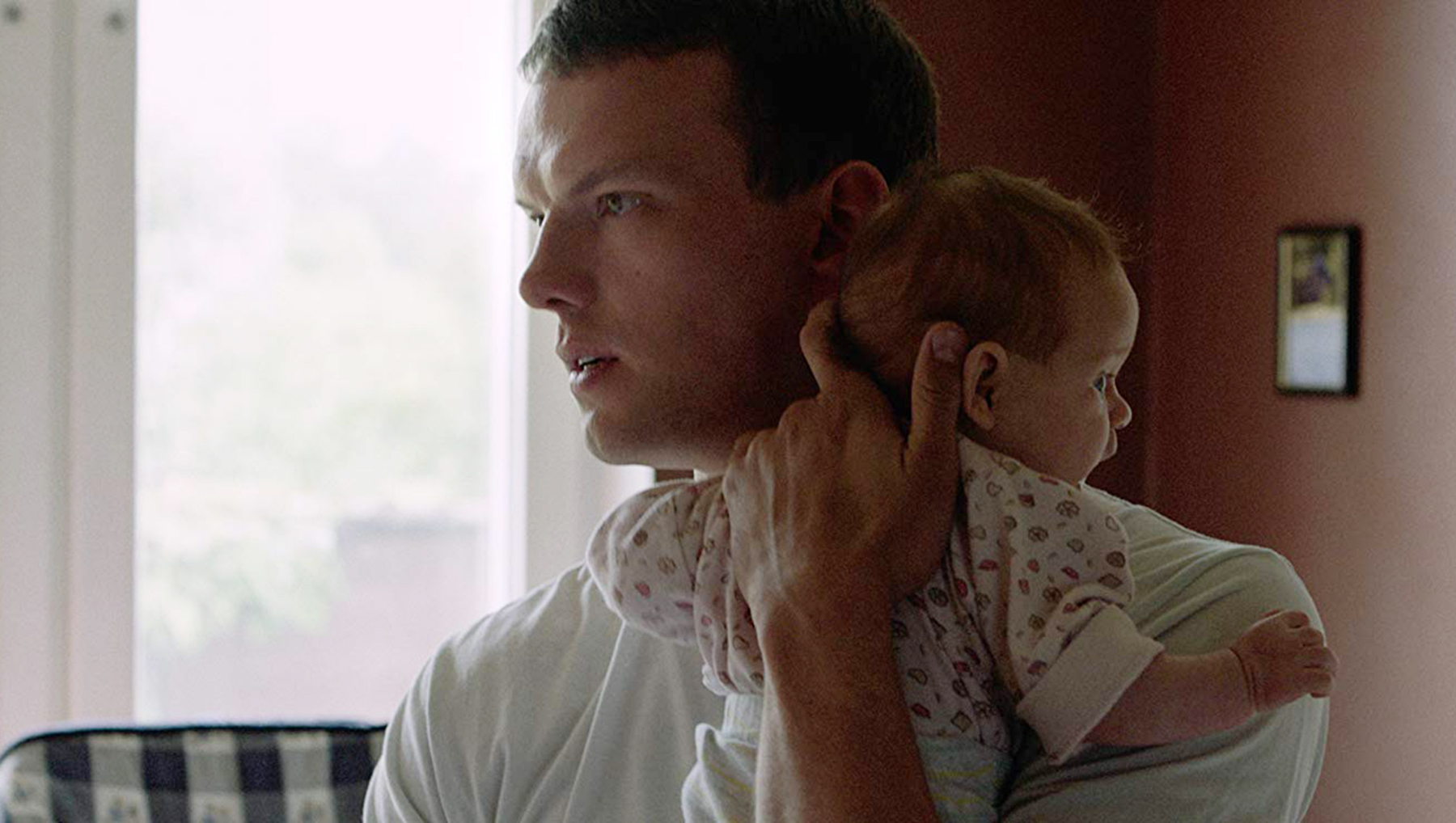
- Golden Globe Awards
Take It or Leave It (Estonia)
Take It or Leave It, which was written and directed by Liina Trikina-Vanhatalo, is about the ruggedly handsome Erik (portrayed by Reimo Sagor), a 30-year-old construction worker who is drifting through life.Born in Estonia, Erik works long hours in a Finnish construction site and by night, glowers over his pint at the girls who try and involve him in their good times. Although his buddy at work plans to move on and go somewhere sunnier, Erik shrugs off his friend’s decision and confesses that “this job will do.”One lazy Saturday morning, he receives some earth-shattering news from his ex-girlfriend, Moonika (portrayed by Liis Lass) whom he hasn’t seen or heard from in the past six months: that she is about to go into labor. Moonika tells Erik that the newborn daughter she just had is his. She tells him that she is not ready for motherhood and so he either has to take the baby or she will put the child up for adoption.Although startled by the news, Erik decides to take care of the child since “she looks like me” and brings the baby girl home to his equally surprised parents. He also gives up his job in Finland. He believes that Moonika is suffering from postnatal depression, which the doctors say may be just temporary. As he takes on the responsibility, Erik experiences the challenges of being a single parent.He becomes estranged with his parents, moves into a cheap ramshackle apartment and tries to find work in Estonia as a handyman for a single mom who takes care of both their kids while he paints and wallpapers her chic new place. In it all Erik makes mistakes, some of them serious.There is a turning point, however, when Erik catches himself shouting into the face of his crying child. He checks himself. And just as he has gotten used to single parenting, Moonika turns up again in his life. Now Erik is faced with the dilemma that Moonika might take the baby away from him.The movie also features Epp Eespaev as Evi (Erik’s mother), Egon Nuter as Mati (Erik’s father) and Viire Valdma as Imbi (Moonika’s mother).Take It or Leave It is based on a true story, and it captures the precarious balancing act of caring for a newborn. It is the first fiction debut from documentary filmmaker Liina Trishkina-Vanhatalo (In the Footsteps of Middendorff).Asked why she decided to make a film about fatherhood, Trishkina-Vanhatalo explained, “I started thinking about it five years ago. At the time, the issue of having children was very present in my life (…). This opened up a field of reflection on what it means to be a parent, beyond the notions of being a mother or father. When does someone become a parent? Is it when the child is born? When are we deemed ready? When does it become a goal to be a parent?“All of these different factors gave me the idea for the film. Being a father and defining what a family is are constantly changing concepts. I recently read that there are three ways to be a father: biologically, socially and psychologically. Ideally, all three elements are combined into one person, and in the worst case scenario, none are present, but the most important thing for the child is to have a psychological father, not a social or even a biological one. Psychological fathers are there for their children in good and bad times.”When told in an interview that it is relatively unusual for a female director to be addressing the issue of fatherhood, she replied, “In my opinion, being a mother and being a father are two very different things. Fathers act in their own way as parents and that’s fine. I think it’s very difficult for women to give men space to be fathers. Women often have the instinctive will to control everything about children, they sometimes think they are the best at it. And very often, when they have strong characters, they dig their own graves by being too controlling, gradually taking away the father’s ability to play his role as a father. And by the time they notice, it’s too late. It is very important these days, in parallel with women’s emancipation movements, to talk about fatherhood as well.”